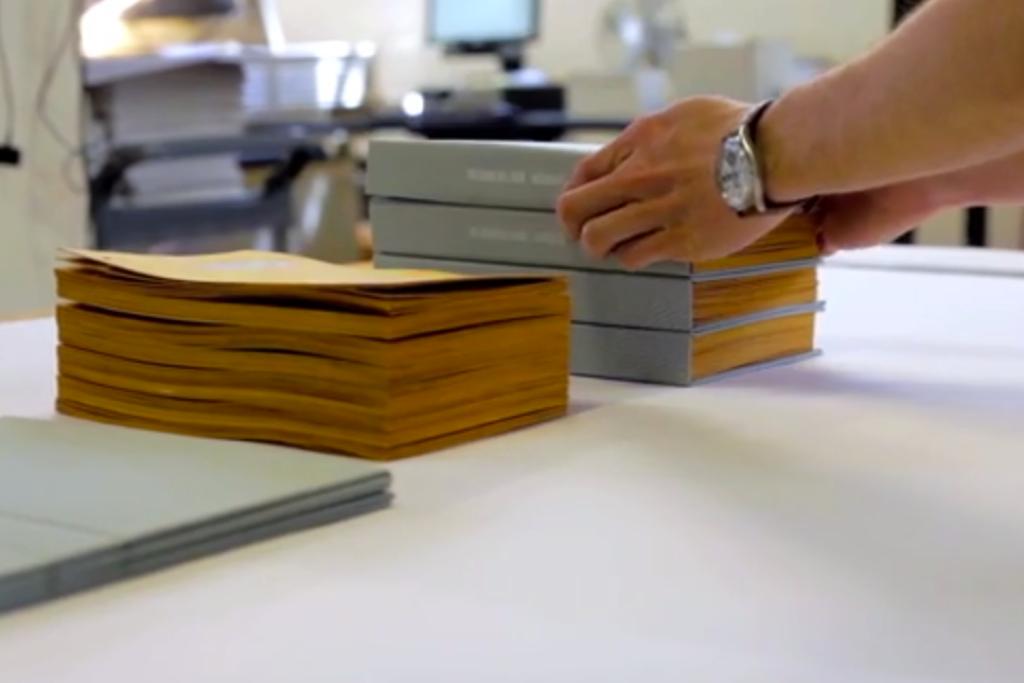The pages from this ‘Drinkable Book’ can purify contaminated drinking water for an entire year
780 million people around the world lack access to clean drinking water and 3.4 million people die every year from diseases related to contaminated water. (For some perspective on those numbers: the population of the United States is 314 million and the population of Los Angeles is 3.9 million.)
Theresa Dankovich, a chemist who did her PhD at McGill University and is now a postdoctoral fellow at the University of Virginia, is hoping her new invention can help. Dankovich has designed a simple paper that's coated with disease-killing silver nanoparticles that works like a technologically advanced coffee filter. Pour contaminated water through the paper and it kills 99.99 percent of the bacteria, which results in drinking water that's as clean as US tap water.
Dankovich has partnered with WATERisLIFE, an international non-profit, to get the filter papers into the hands of people who need them. They've come up with an ingenious idea: the Drinkable Book, which provides enough filter paper for a year's worth of clean drinking water. (The book also offers public health advice about sanitation.)
Stacks of Danvovich's paper are bound into a single volume and placed in a 3-D printed box that doubles as a filter container. The whole thing couldn't be easier. Tear a perforated sheet out of the book, slide it into the container, pour contaminated water, and presto: you've got clean drinking water in the amount of time it takes to fill up a Brita.
WATERisLIFE's Drinkable Book may not last as a delivery system, but Dankovich's paper should. It's inexpensive to produce, easy to use, and could change the world.
Watch:
The story you just read is accessible and free to all because thousands of listeners and readers contribute to our nonprofit newsroom. We go deep to bring you the human-centered international reporting that you know you can trust. To do this work and to do it well, we rely on the support of our listeners. If you appreciated our coverage this year, if there was a story that made you pause or a song that moved you, would you consider making a gift to sustain our work through 2024 and beyond?
